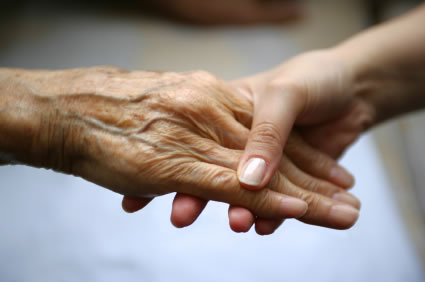July 2010
An interesting piece in Scientific American by Ferris Jabr Self-Fulfilling Fakery: Feigning Mental Illness Is a Form of Self-Deception
People who fake symptoms of mental illness can convince themselves that they genuinely have those symptoms, a new study suggests. People will also adopt and justify signs of illness that they never reported themselves when presented with manipulated answers, according to the study published online July 9 in the Journal of Clinical and Experimental Neuropsychology. Not only do the findings demonstrate that deliberately feigning illness can evolve into an unconscious embellishment of symptoms, they indicate that self-perception of mental health is susceptible to suggestion. The study has particularly serious implications for cases in which people fake mental illness to take advantage of the legal system. link to continue reading
Source: Scientific American
Is health anxiety on the increase? This mornings Guardian looks at the condition where patients seek constant reassurance from their GPs that there’s nothing wrong with them
Health anxiety is characterized by the excessive seeking of reassurance, from doctors or from family members. “What we always tell people on our helpline is that reassurance doesn’t work,” says O’Neill. “I have seen people who have convinced themselves they have a brain tumour – they go to their GP, they go for scans. When they are reassured they don’t have a tumor, they still think what if they missed it? What if it was too small to see? What if this is one of those NHS mistakes? Because the media highlights it so much when things do go wrong, it feeds the feeling in people with health anxiety that ‘I could be the one that it goes wrong for’. People ring up and ask, ‘Do you think I’ve got cancer?’ I can’t offer that reassurance because how would I know? But we do know that reassurance only works in the short term. It isn’t long before those fears return.” link to continue reading
Source: Guardian
Authors of the first international comparative study of its kind, analyzed levels of affection and conflict among more than 2,600 parents and children in six developed nations: England, Germany, Israel, Norway, Spain and the U.S. They found that certain nations have developed prevalent, acceptable ways of behaving towards their elders, but that long-term interdependence and heavy care-taking responsibility introduces a major challenge to the relationship. [continue reading…]



